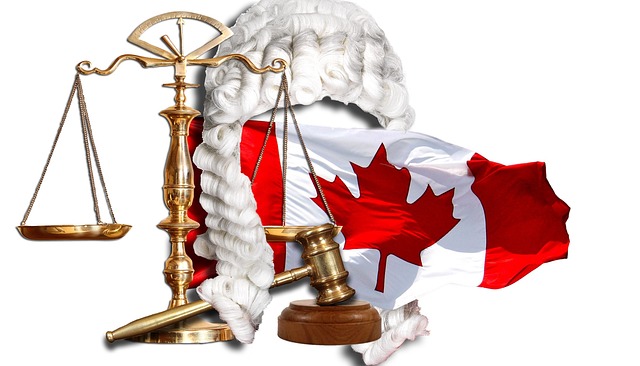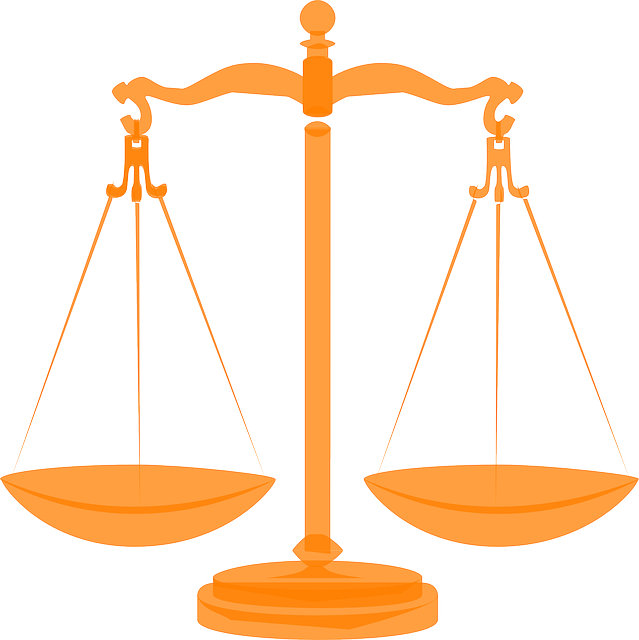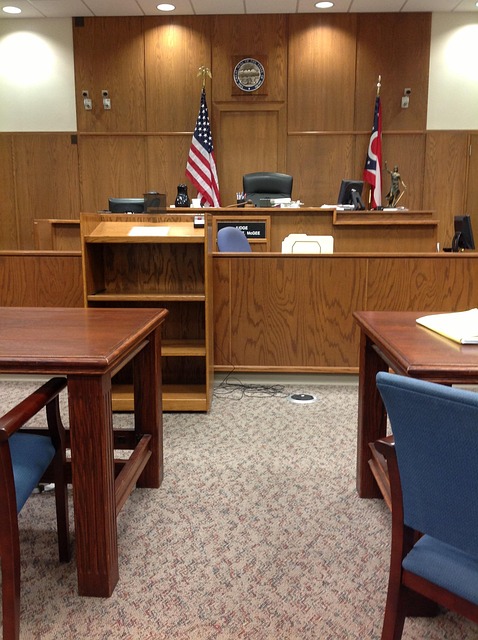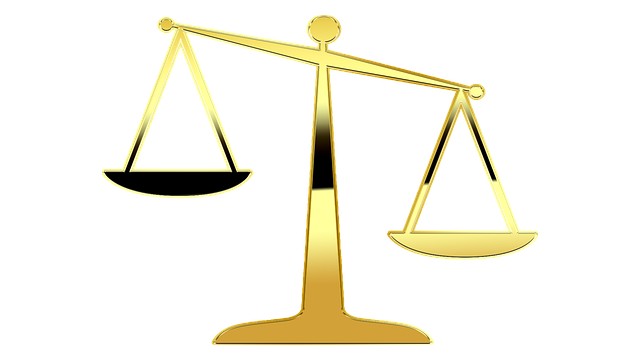A third-party workplace claim involves employees suing external parties for work-related injuries, distinct from workers' comp. These claims, regarding neglect or jobsite accidents, require understanding liability and settlement distribution. The complex legal framework involves employees, employers, insurance providers, and attorneys who negotiate compensation for medical costs, lost wages, pain, and suffering. Immediate incident reporting, thorough documentation, and consultation with specialized firms are crucial steps to secure justice and compensation.
Understanding third-party workplace claims is crucial for employers and employees alike. This comprehensive guide breaks down the basics of these legal actions, where an employee sues a third party for injuries or damages occurring on the job. We’ll explore key concepts, from defining such claims to outlining the legal framework and navigating the claim process step-by-step. By understanding these dynamics, you can better protect yourself and your business in the event of a workplace accident.
Defining Third-Party Workplace Claims

A third-party workplace claim refers to a legal action taken by an employee against someone outside their direct employer, often related to an injury or harm sustained during work. This can include incidents such as nursing home neglect where a worker is injured while assisting residents, or even personal injuries suffered on the jobsite due to unsafe conditions caused by a third party. When a worker files a claim against a third party, it’s crucial to distinguish this from workers’ compensation, which typically covers injuries arising from workplace hazards without regard to fault.
Understanding the difference is essential as it dictates who bears responsibility and how proceeds from a settlement are distributed. For instance, a personal injury attorney in Orlando, FL might handle a case involving a worker injured by a negligent motorist, pursuing compensation not only from the at-fault driver but also potentially from the employer if they were contributing factors or had failed to provide adequate safety measures. These claims can be complex, highlighting the importance of seeking counsel from experienced legal professionals.
Legal Framework and Key Players

The legal framework surrounding third-party workplace claims is designed to protect employees and ensure just compensation when they suffer injuries or damages due to workplace hazards or the negligence of others. This intricate system involves a complex interplay between various key players, including employees, employers, insurance providers, and legal professionals. When an employee sustains injuries in a truck accident settlement or faces harm due to a car accident involving a third party, understanding their rights and the legal process is paramount.
The primary driver of these claims is often personal injury compensation, where affected workers seek financial redress for medical expenses, lost wages, pain, and suffering. A skilled car accident attorney plays a crucial role in navigating this landscape by guiding clients through the complexities of filing a claim, negotiating with insurance companies, and representing them in court if necessary. Employers, too, have responsibilities under these laws, including providing safe working conditions and ensuring compliance with relevant safety regulations to prevent such incidents from occurring in the first place.
Navigating The Claim Process

Navigating the claim process for a third-party workplace claim involves several crucial steps. When an employee sustains injuries due to another party’s negligence, such as a slip and fall settlement or nursing home abuse, they have the right to seek compensation. The first step is to report the incident to your employer promptly, ensuring detailed documentation of all circumstances surrounding the event. This includes gathering evidence like witness statements, medical records, and any relevant photographs.
Next, consult with a reputable personal injury law firm that specializes in third-party workplace claims. These professionals guide you through the legal process, helping to file a claim against the responsible party or their insurance provider. They will assess your case, negotiate for a fair settlement, and represent you throughout any legal proceedings if necessary. Remember, understanding your rights and taking prompt action are vital steps in securing justice and compensation for workplace injuries caused by third parties.
Understanding the intricacies of third-party workplace claims is essential for both employers and employees. By familiarizing themselves with the legal framework, key players involved, and navigating the claim process, individuals can better protect their rights and ensure a safe working environment. Knowing how to handle these claims promptly and effectively is a crucial step in fostering a positive and inclusive workplace culture.






